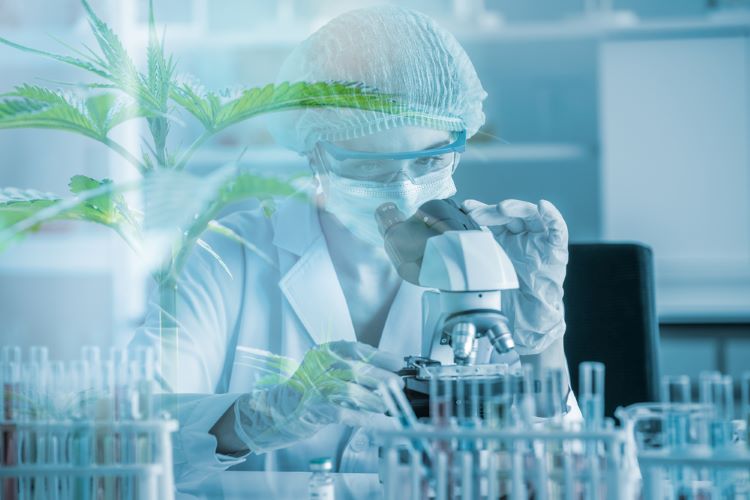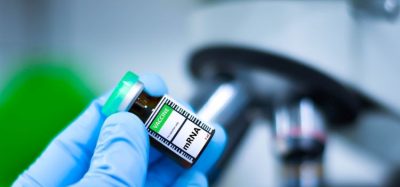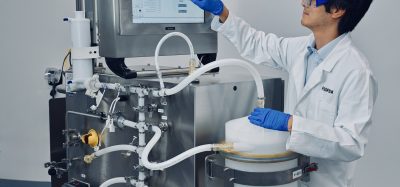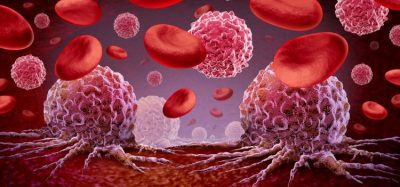Innovative chromatography method shows sustainability potential
Posted: 16 July 2024 | Catherine Eckford (European Pharmaceutical Review) | No comments yet
The twin-column recycling approach helps to minimise the environmental impact of traditional purification methods for high-value molecules, research suggests.


A study has reported the first application of twin-column recycling chromatography to a cannabidiol (CBD)-rich cannabis extract for separation and the final depletion of tetrahydrocannabinol (THC) using a sustainable solvent.
The twin-column recycling approach was applied using pure ethanol (EtOH) as a green solvent as the mobile phase.
Notably, psychoactive THC was fully removed from a Cannabis extract rich in CBD, under continuous conditions, the paper reported.
Potential of the chromatography method
Of the green solvents available, ethanol (EtOH) is “particularly promising”. Therefore, using pure EtOH as mobile phase in reverse-phase liquid chromatography (RPLC) for purifying cannabinoids is beneficial, the authors asserted.
For example, since EtOH is a common extraction solvent for cannabinoids, this enables the sample, following extraction, to be injected directly onto the chromatographic column “without further evaporation and solubilisation steps”.
During the study, researchers applied a theoretical model to predict “the band profiles of the two compounds during the recycling process”. It supported method development they stated and subsequently, process sustainability.
Method performance in terms of productivity, solvent consumption, final purity and recovery were compared with traditional single column batch separation. Method development was supported by theoretical modelling to determine the number of cycles to be repeated to reach the desired separation.
the combination of green solvents, recycling chromatography, and theoretical modelling [may provide] an efficient alternative and sustainable industrial strategy for the purification of cannabis”
Based on the data regarding “compound purity, recovery, productivity and solvent consumption” when compared to traditional batch operations, the proposed analytical method showcases the potential of the twin-column recycling approach.
The authors stated that overall, the findings appear “very promising”. Compagnin et al. concluded that their study demonstrates the combination of green solvents, recycling chromatography, and theoretical modelling as an efficient alternative and sustainable industrial strategy for the purification of cannabis.
The paper was published in Analytical and Bioanalytical Chemistry.
Advanced techniques fuelling demand for liquid chromatography reagents









